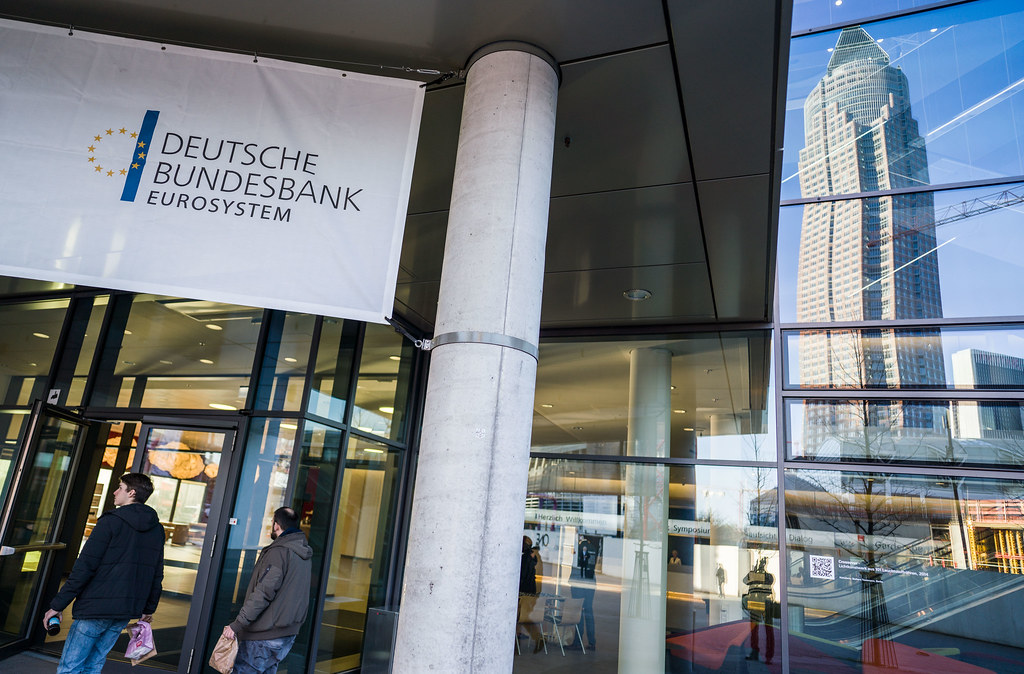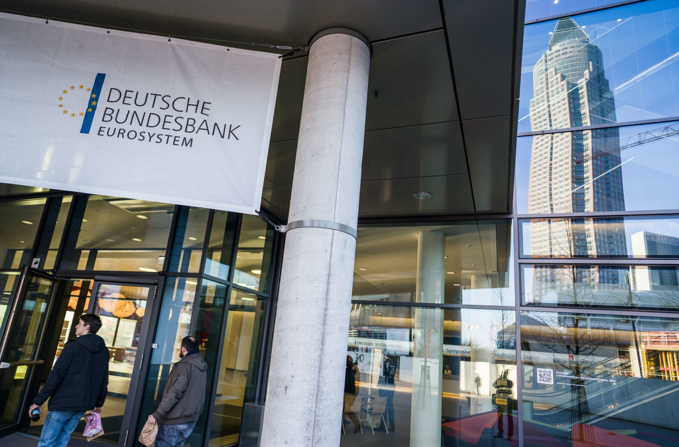According to German Central Bank analysts, the country's economy will be influenced by two opposing trends: economic recovery following the repeal of anti-crisis measures in place for the previous two years, and the negative impact of the military conflict in Ukraine and rising prices, particularly for energy products.
In terms of inflation, the Bundesbank now anticipates prices to climb by 7.1 percent this year, up from 3.6 percent in December. Inflation is expected to be 4.5 percent in 2023, up from 2.2 percent in the prior prediction. "This year's inflation will be even higher than it was in the early 1980s. Price pressures have risen even more recently," Joachim Nagel, the head of the Bundesbank, noted. If this tendency continues, he believes inflation this year will be much higher than the current forecast of 7%.
The German government cut its GDP growth prediction for 2022 from 3.6 percent to 2.2 percent in late April.
source: dw.de
In terms of inflation, the Bundesbank now anticipates prices to climb by 7.1 percent this year, up from 3.6 percent in December. Inflation is expected to be 4.5 percent in 2023, up from 2.2 percent in the prior prediction. "This year's inflation will be even higher than it was in the early 1980s. Price pressures have risen even more recently," Joachim Nagel, the head of the Bundesbank, noted. If this tendency continues, he believes inflation this year will be much higher than the current forecast of 7%.
The German government cut its GDP growth prediction for 2022 from 3.6 percent to 2.2 percent in late April.
source: dw.de



















